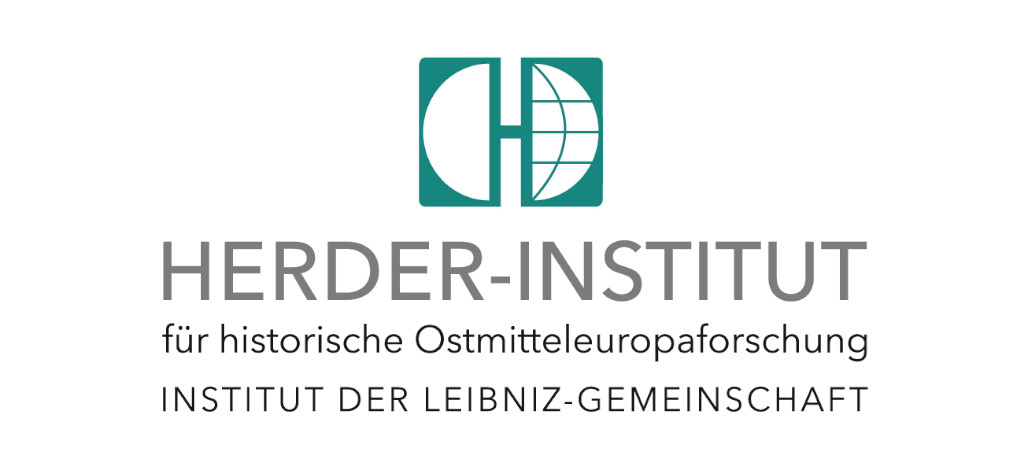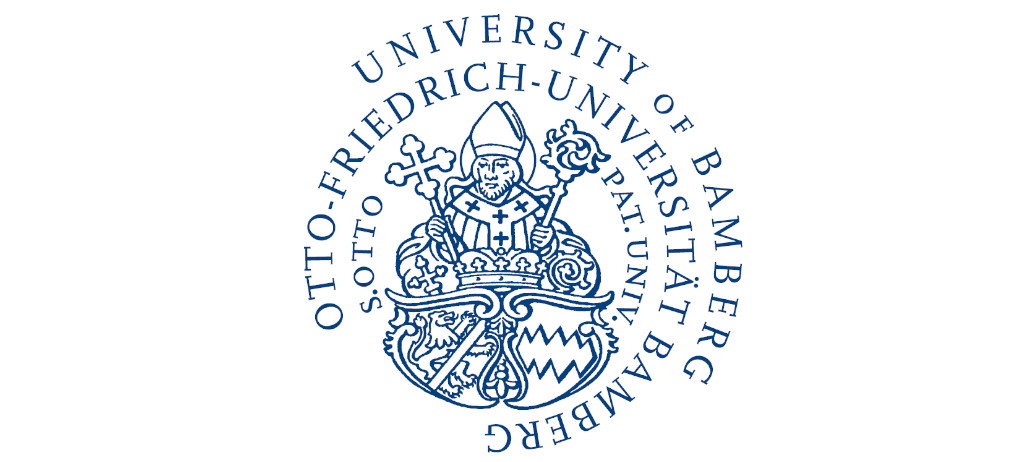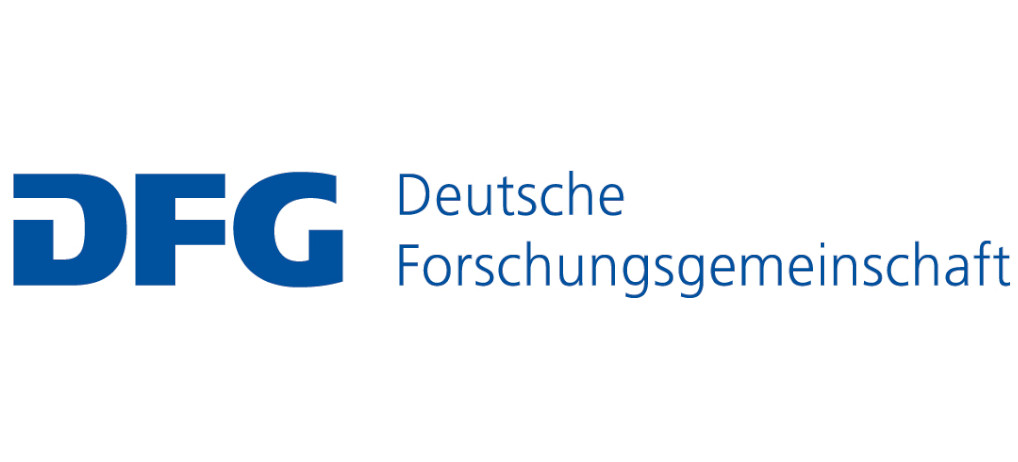Main Content
Subproject A04
The Collectivisation of International Security through Institutionalisation Processes in International Law
1. Funding period (2014-2017)
The aim of the subproject is to analyze the collectivization of international security through institutionalization processes in international law. The project team asks whether and under what conditions the perception and characterization of interstate relations as a security problem not only provides impulses for juridification and international law institutionalization processes, but also triggers the collectivization of international security. To what extent did (selected) actors see a subjective gain in security in the progressive institutionalization of international law, which began in the 19th century with the creation of the first international (administrative) organizations (such as the Central Commission for Navigation on the Rhine or the International Telecommunication Union) on the one hand, and the establishment of the first university chairs of international law on the other, and developed through the creation of the League of Nations to the founding of the United Nations? Why was the path of ever more comprehensive collectivization of security chosen, while at present increasing tendencies of decollectivization can be observed by turning to bilateral and regional cooperation?
Two studies will be used to approach the questions posed. The first study, "Remedying International Legal Theory and Practice by Military Legal Advisors," is devoted to the problems concerning military legal expertise in its Western and historical context. The main objective of this research is to examine the historical process that resulted in the need for legal advice within the armed forces. The focus of the analysis is on the military and/or legal advisors who, as individual experts, are usually part of the continuous discourse between the executive, judicial, and legislative branches in times of peace, but mainly in times of war. Although the need to combine international legal and military expertise is not paradoxical, it remains highly sensitive: in the end, the ability of law to contain international violence remains challenging, both at the national and international levels. This is particularly difficult when a person is expected to "help the law to power" and "grant power to the law"; to maneuver legal and military imperatives in real time. Can these experts do this and continue to be true to the law? Can this be done without impeding the military's leading goals? This research will serve to uncover - from a historical, comparative law, methodological approach - whether, but more importantly, how the professionalization of legal/military advisors has come about despite the sustained breakdown that exists between legal and military concerns.
Take, for example, the so-called "Lieber Code," which can be dated back to 1863, when President Lincoln ordered Prussian-born Francis Lieber, a professor of history and economics at South Carolina College, to prepare "orders for the direction of the armies of the United States at the front" (Army Order 100 to the United Forces). The fact that other countries soon followed this practice makes the historical circumstances of the code even more significant, especially because it was then embodied in Article 1 of Hague Convention IV (1907), which arguably had been recognized as customary international law since 1939. The duty to provide legal advice to the military gets even more attention with Article 82 of the Additional Protocol (1977) to the Geneva Convention (1949). Focusing on the specific legal/military advisor(s) and their socio-economic circumstances that influence inter alia the content of their legal contributions helps to provide needed insight into the broader activity, but more significantly, future opportunities and roles for military and/or international legal advisors.
Complementary to this study, the second study has a more clearly geographically defined focus. While the general focus of the study is on the European Concert of Great Powers, the practice that emerged after the Congress of Vienna in 1815 in which the major European powers collectively exercised responsibility for peace in Europe through new, discursive forms of diplomacy, it focuses particularly on the role of Great Britain in this system. This is due to the fact that the United Kingdom held a prominent role among the European great powers in two respects: On the one hand, Great Britain rejected the justification of intervention
Inhalt ausklappen Inhalt einklappen Members
Subproject Head
Prof. Dr. Thilo Marauhn
Research Assistants
Dr. Reut Yael Paz
Marie-Christin Stenzel
Student Assistants
Larissa Sebastian
Vera Strobel



